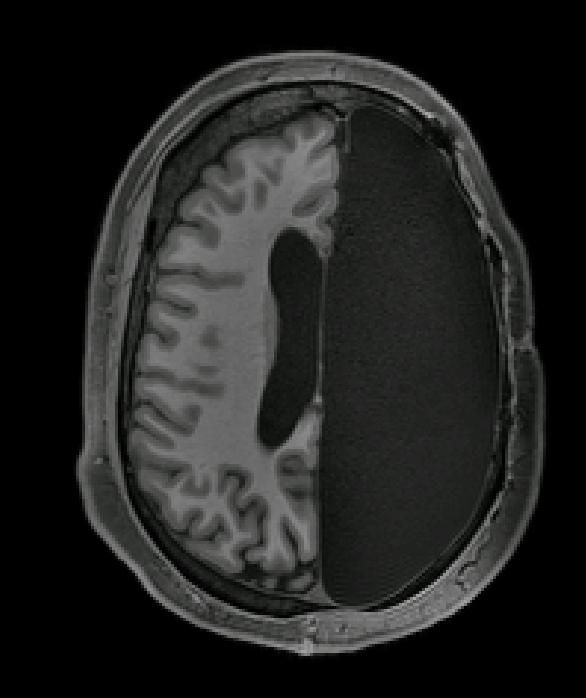JohnBoy2000
Bluelighter
- Joined
- May 11, 2016
- Messages
- 2,612
My own personal hypothesis as to mental illness, be it depression or psychosis, is that emotionality, emotional process - can dictate nerve function.
Mood - would be a function of emotional process - and according to the psychological Thoughts-Emotions-Actions paradigm, thoughts may ultimately dictate emotions, and thus a dysfunctional thought process could lead to mental illness.
I guess that's how psychologists figure they can rectify thought patterns, and that's their treatment.
However - focus here is not mental illness - it's nerve function, which falls more squarely into the realm of neuroscience.
My question is - is cases of nerve dysfunction that may give rise to chronic fatigue that can be associated with psychological conditions, could such nerve dysfunction be brought about by physiological brain issues?
Whatever may show up in a CT scan?
Or an MRI?
Even if something shows up in such a scan, what would it be - and how would they even treat it?
Anyone experience or insights on CT scans?
Mood - would be a function of emotional process - and according to the psychological Thoughts-Emotions-Actions paradigm, thoughts may ultimately dictate emotions, and thus a dysfunctional thought process could lead to mental illness.
I guess that's how psychologists figure they can rectify thought patterns, and that's their treatment.
However - focus here is not mental illness - it's nerve function, which falls more squarely into the realm of neuroscience.
My question is - is cases of nerve dysfunction that may give rise to chronic fatigue that can be associated with psychological conditions, could such nerve dysfunction be brought about by physiological brain issues?
Whatever may show up in a CT scan?
Or an MRI?
Even if something shows up in such a scan, what would it be - and how would they even treat it?
Anyone experience or insights on CT scans?






